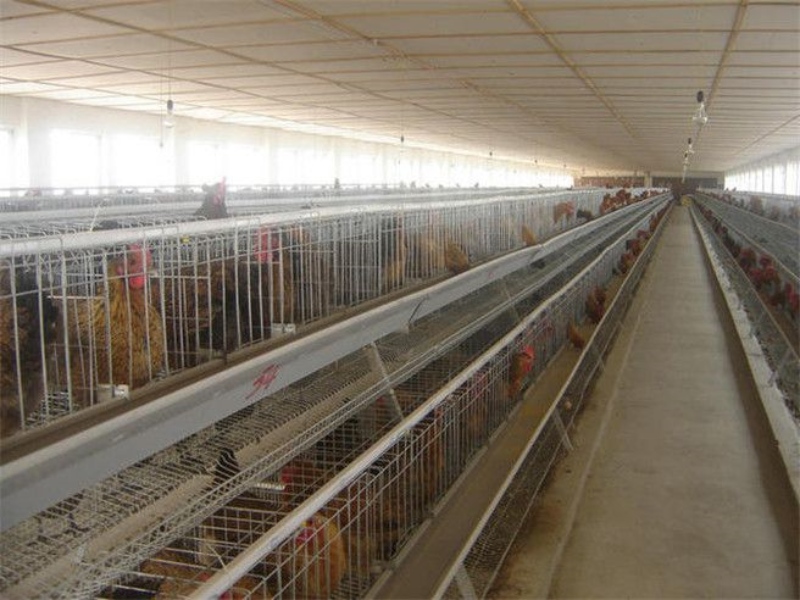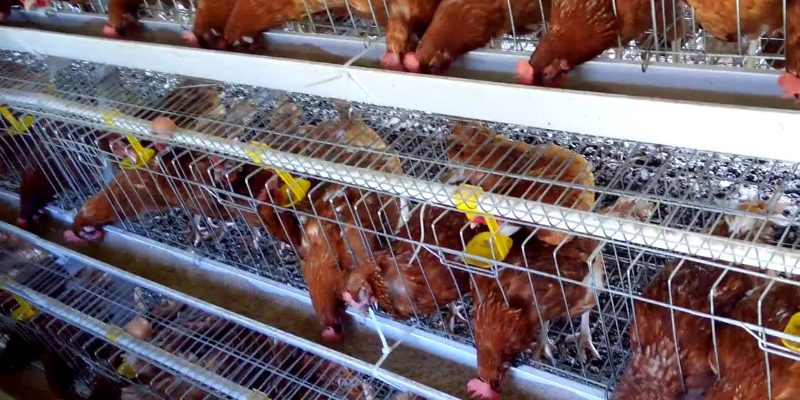
How to Start a Layer Chicken Farm in Guinea?
Starting a layer chicken farm in Guinea can be a lucrative venture, given the growing demand for eggs and poultry products. The country’s climate is suitable for raising chickens, and with proper management and planning, you can establish a successful business. This article will walk you through essential steps to start your layer chicken farm in Guinea.
1. Understand the Market
Before diving into starting a layer chicken farm in Guinea, it is crucial to conduct thorough market research. Identify the local demand for eggs, potential competitors, and pricing strategies. Understanding the market dynamics will help you position your farm effectively.
Key Considerations:
- Target Customers: Who are you selling to? Retailers, restaurants, or direct consumers?
- Competitive Analysis: Research existing farms and their practices.
- Pricing Strategy: Determine how much customers are willing to pay for fresh eggs.
2. Develop a Business Plan
A solid business plan is vital for any agricultural venture, including starting a layer chicken farm in Guinea. Your plan should outline your goals, operational strategies, financial projections, and marketing approach.
Components of a Business Plan:
- Executive Summary: A brief overview of your business.
- Market Analysis: Insights from your research.
- Operational Plan: Details on farm setup, production processes, and staff requirements.
- Financial Projections: Estimated costs, revenue forecasts, and break-even analysis.
3. Choose the Right Location
Selecting an appropriate site is critical when starting a layer chicken farm in Guinea. Look for land that provides ample space, good drainage, and access to clean water. Consider proximity to markets to minimize transportation costs.
Ideal Location Features:
- Accessibility: Easy transport routes for feed and egg distribution.
- Biosecurity: Away from major poultry operations to prevent disease spread.
- Utilities: Availability of electricity and water supply.
4. Acquire Necessary Permits and Licenses
Before commencing operations, ensure that you have all the necessary permits and licenses required by the Guinean government. Compliance with local regulations is essential for your farm’s legitimacy and sustainability.
Steps to Secure Permits:
- Research Local Laws: Understand what permits are required for poultry farming.
- Consult Authorities: Engage with local agricultural and environmental agencies.
- Complete Applications: Submit all required documentation promptly.
5. Set Up Your Layer Chicken Housing
The housing for your layers is crucial for their well-being and productivity. Proper design and construction will protect them from the elements and predators.
Housing Considerations:
- Space Requirements: Provide enough room per bird (typically about 1.5 to 2 square feet).
- Ventilation: Ensure good airflow to prevent heat stress.
- Nesting Boxes: Install adequate nesting boxes to encourage egg-laying behavior.
- Cleanliness: Design the housing for easy cleaning to maintain hygiene.
6. Select Quality Chickens
Choosing the right breed of laying hens is a significant factor in the success of your layer chicken farm in Guinea. Popular breeds include Hy-Line Brown, Lohmann Brown, and ISA Brown. Research these breeds to determine which aligns with your production goals.
Factors to Consider When Choosing Breeds:
- Egg Production Rate: Select breeds known for high egg yield.
- Feed Efficiency: Choose breeds that convert feed into eggs effectively.
- Disease Resistance: Opt for breeds that are resilient to common poultry diseases.
7. Nutrition and Feeding
Proper nutrition is paramount for layer chickens to ensure they remain healthy and productive. Create a balanced feeding program that meets the nutritional needs of the birds throughout their lifecycle.
Key Nutritional Components:
- Layer Feed: High-protein feeds formulated specifically for egg-laying hens.
- Supplements: Provide calcium and other vitamins to enhance egg quality.
- Water Supply: Ensure a constant supply of clean and fresh water.
8. Implement Effective Management Practices
The day-to-day management of your layer chicken farm will significantly influence its success. Establish routines for feeding, cleaning, health monitoring, and record-keeping.
Management Tips:
- Routine Checks: Regularly inspect your flock for signs of illness or distress.
- Record Keeping: Maintain logs of production rates, feed consumption, and expenses.
- Health Programs: Implement vaccination programs to prevent common diseases.
9. Focus on Biosecurity
Biosecurity measures are essential for preventing disease outbreaks in your layer chicken farm in Guinea. Implement practices to minimize risks from external sources.
Biosecurity Practices:
- Fencing: Secure your farm with proper fencing to keep out wild animals.
- Hygiene Protocols: Establish protocols for visitors and workers entering the premises.
- Quarantine Procedures: Isolate new birds before introducing them to your flock.
10. Marketing Your Products
Once you start producing eggs, effective marketing is essential to ensure the success of your layer chicken farm in Guinea. Developing a strong brand and sales strategy will help you reach your target customers and establish a loyal customer base.
Marketing Strategies:
Online Presence: Utilize social media and websites to promote your farm, share updates, and engage with customers.
Local Markets: Establish relationships with local grocery stores, restaurants, and farmers’ markets to sell your eggs.
Branding: Create a compelling brand story that emphasizes the quality and freshness of your eggs.
Direct Sales: Consider selling directly to consumers through community-supported agriculture (CSA) programs or home delivery options.
Conclusion
Starting a layer chicken farm in Guinea presents an excellent opportunity for aspiring entrepreneurs in the agricultural sector. By following the steps outlined above—ranging from understanding the market to implementing effective management practices—you can build a robust and profitable business.
Remember, the key to success lies in thorough planning, continuous learning, and adapting to changing market conditions. With dedication and strategic thinking, you can create a thriving layer chicken farm that contributes to the local economy while providing fresh, nutritious eggs to your community. Embrace the challenges, stay committed, and watch your venture flourish!

